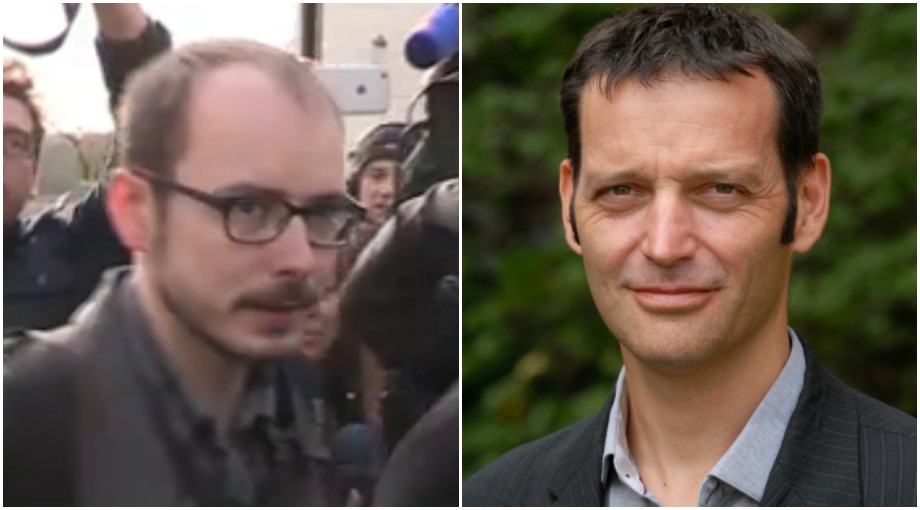A former PricewaterhouseCoopers employee has been charged by Luxembourg authorities following the leak of hundreds of confidential tax rulings that revealed large-scale tax avoidance by some of the world’s biggest multinational companies.
The whistleblower, 28-year-old French citizen Antoine Deltour, was indicted in the Grand Duchy on December 12 on multiple charges including theft, violation of trade secrecy, and fraudulent access to data.
On Monday he spoke out in an interview with French newspaper Libération, and revealed that he was motivated by his disillusionment with the tax system.
“Since the start, I have acted by conviction, for my ideas, not because I wanted to be in the media,” he said.
Deltour started as an intern at PwC, and then worked as an auditor from 2008 to 2010 – a job he thought meant “being on the side of the regulator.”
He quit after two years because, he said, he was feeling out of place.
“I progressively discovered the reality of the system is its radicalism: a massive practice of fiscal optimization. I didn’t want to contribute to that,” he told Libération.
“I can’t believe I could be convicted as an example,” he said. “My action is in the natural course of history, initiated by other whistleblowers and NGOs. I never asked for any compensation.”
He said he copied the documents before leaving the firm in 2010 but had no clear idea of what he might do with them.
“I copied training documents but, while I was looking into the PwC database, I found the famous tax rulings,” he said. “Without any particular project in mind, I copied those too because I was dismayed by their content.”
After unsuccessfully reaching out to NGOs, he says he was contacted by a French journalist, who was working on a documentary about tax avoidance for the France 2 TV program Cash Investigation.
The documentary, produced by journalist Edouard Perrin, aired in May 2012 and one month later, PwC submitted a complaint in the Luxembourg court.
In November and December this year the secret Luxembourg tax agreements were again brought to the world’s attention by a cross-border investigation coordinated by ICIJ in 26 countries, with more than 30 media partners. ICIJ’s Luxembourg Leaks project, based on leaked tax rulings, has since prompted widespread political debate and pressure for significant tax reform around the world.
Deltour said he has had no contact with ICIJ.
“In my mind, these documents didn’t have any other goal than being used for the preparation of that [Cash Investigation] program.”
He also pointed out that the ICIJ LuxLeaks investigation had revealed documents from dates after he had left PwC and in relation to the other Big Four accounting firms, such as KPMG, Ernest & Young and Deloitte.
“I am just one element in a larger movement,” he said.
Deltour added that he regrets the focus on PwC or Luxembourg, since aggressive tax planning practices “on an industrial scale” are widespread and happen in several countries.
“Regulation will always be behind financial engineering, and the disappearance of those fiscal revenues becomes crucial in times of economic turmoil,” he said.
Yet he welcomed the results of the LuxLeaks revelations. “The political repercussions of LuxLeaks are beyond what I had hoped for: there will finally be talk of tax harmonization in Europe.”
ICIJ director Gerard Ryle says Luxembourg’s decision to indict the young man is a threat to transparency and accountability in the jurisdiction and elsewhere.
“ICIJ does not comment on sources. However, ICIJ does believe whistleblowers should be protected, not prosecuted,” he said in a statement.
“Protection of whistleblowers and sources is as important to society as the freedom of the press. Any prosecution against journalists or journalists’ sources has a dangerous chilling effect on the pivotal role these brave individuals play in ensuring the powerful are held accountable.”
